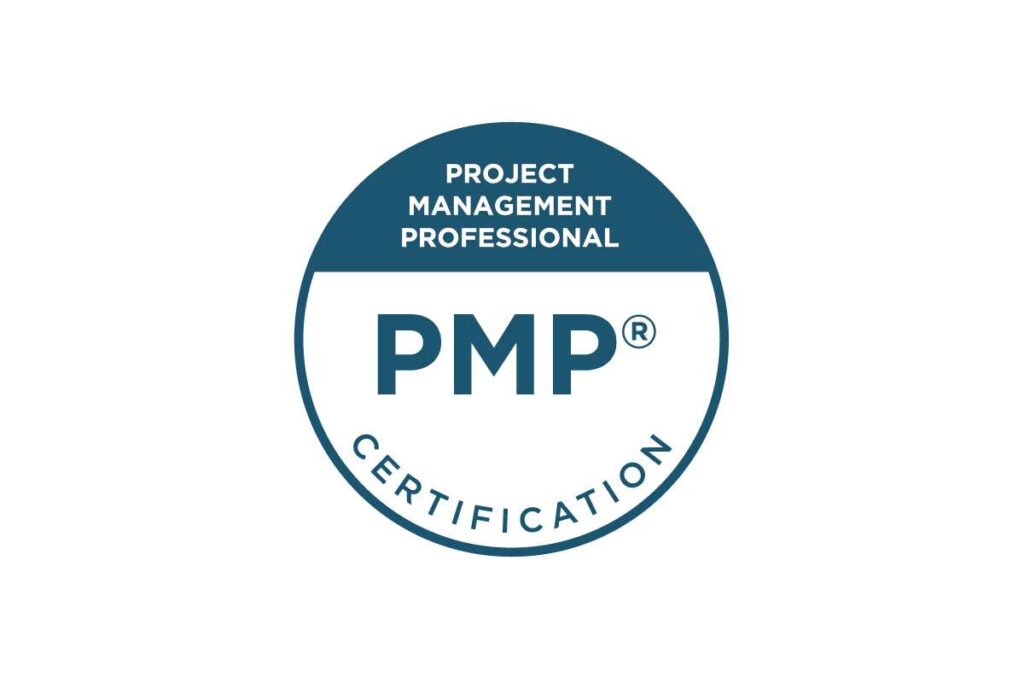Earning the Project Management Professional (PMP) accreditation is a significant attainment that is both rewarding and challenging for project managers.
As a project manager who may be interested in this path, you will have to put in a lot of effort, both academically and practically, but it will be worth it in the end.
This article will tell you what you need to know about the requirements to successfully obtain the PMP certification and how to prepare for it.
PMP Certification
The Project Management Professional (PMP) accreditation is among the most impressive certifications for project managers worldwide.
This project management certification, which is recognized worldwide and confirms your professional management skills, should be the best choice for you.
PMP certification generally validates your ability as a project manager to lead and manage projects effectively.
Before becoming certified, you must meet specific education and experience requirements and pass a reasonably rigorous exam.
As with most globally recognized accreditations, the value of the PMP lies in the integrity of the exam. Therefore, we recommend investing in high-quality PMP certification preparation resources to ensure your success.
PMP Certification Eligibility Requirements
Before applying for the PMP certification, you must meet education and project management experience requirements.
Education requirements
You will need a four-year bachelor’s degree or international equivalent from an accredited institution.
Alternatively, you may have a second degree, such as an associate’s degree, high school diploma, or international equivalent.
However, you will also need additional project management training, including 35 contact hours from a recognized provider in both cases.
Project Management Experience
If you have a 4-year bachelor’s degree, you will need at least 3 years (36 months) of non-overlapping experience. Of these 3 years of experience, you must devote at least 4,500 hours to leadership and project management.
You must also have at least 5 years (60 months) of non-overlapping project management experience and at least 7,500 hours of project leadership and management.
Don’t Meet the Minimum Requirements?
The requirements for getting a PMP certification are not as strict, but not everyone is eligible. If you ever find yourself in this situation, here’s what you should do.
1. Education
If you do not meet the educational requirements, consider upgrading your education through online courses or formal training at an authorized institution. The best part is that you can learn while you practice.
2. Project Management Experience
You may also lack the required project management experience. In these cases, the best solution is to take a leadership position in the organization. Be sure to participate in as many projects as possible to reach the minimum required number of experience hours and even exceed it if possible.
3. Project Leading/Directing Hours
In rare cases, you may meet the minimum project management experience requirements but not have the required project management or leadership hours. In this case, your best bet is to seek professional development opportunities, work on relevant projects, and attend workshops.
4. Education Contact Hours
You need to complete at least 35 hours of in-person training. Enrolling in a PMI-approved PMP course is ideal if you don’t meet this requirement. You can also earn a Certified Associate in Project Management (CAPM) certification, which is less rigorous but only offers basic training.
PMP Certification Exam Preparation
You can use many resources and study materials to prepare for the PMP exam. Consider using official PMI resources, such as the Guide to the Project Management Body of Familiarity (PMBOK), to get a foundation for preparing for the project management certification exams.
Additionally, prepare fully by utilizing the following:
- Discussion forums like Reddit’s r/pmp or the forums hosted by PMI
- Podcasts – there are dedicated PMP podcasts you can follow
- PMP exam prep books
- Online courses for PMP exams
Using these resources in your study plan will ensure you are well-prepared for the PMP exam.
Finally, tailor your preparation to your learning style and focus on understanding the basic principles of project management.
Summing Up
Project management is a promising career that is likely to remain even with the introduction of artificial intelligence tools.
Earning a PMP certification is a remarkable achievement that can quickly improve your career prospects in the project management field.
While the experience requirements for certification are relatively simple, the education requirements can be challenging, especially if you don’t take the right courses.
By following these tips, stay on track toward your ultimate goal of earning your PMP certification.
Also Read: What Causes the Blue Screen of Death

